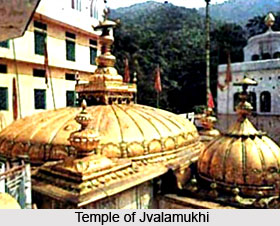 Firoz Shah Tughlaq was the first Sultan of Delhi whose religious policies were based on the pre-eminence of Islamic laws. Other Sultans supported Islam and were prejudiced against the Hindus but none of them accepted Islamic laws as basic means of governing their administration. Firoz Shah Tughlaq proved an exception and accepted Islamic laws as basic principles in administering the state. Firoz Shah depended on the Ulema for interpretations and thus the religious policy remained intolerant towards people of every faith except the Sunnis.
Firoz Shah Tughlaq was the first Sultan of Delhi whose religious policies were based on the pre-eminence of Islamic laws. Other Sultans supported Islam and were prejudiced against the Hindus but none of them accepted Islamic laws as basic means of governing their administration. Firoz Shah Tughlaq proved an exception and accepted Islamic laws as basic principles in administering the state. Firoz Shah depended on the Ulema for interpretations and thus the religious policy remained intolerant towards people of every faith except the Sunnis.
Firoz Shah was intolerant towards the Shiahs, the Sufis, the Ismaili group of Shias and also other sects. He remained fanatically intolerant towards the Hindus. He encouraged the Hindus for conversion. His biography gives a clear impression that regarded the rulers of the Muslims only. He destroyed the temple of Jvalamukhi in Kangra and one of the prime aims in attacking Puri was to destroy the Hindu temple so that, like Mahmud of Ghazni, he could claim to be an Idol breaker. He imposed Jizya on Brahmanas who were either left from this tax or neglected while collecting it by all previous Sultans. Thus, Firoz Shah practiced severely intolerant policy towards the Hindus.
Firoz got recognition of his title of Sultan from the Khalifa. He called himself the Naib of the Khalifa and inscribed his own coins. He did all this because he wanted to capture the loyalty of the Ulema and reactionary group of Muslims who all supported him in capturing the throne. The religious policy of Firoz was reactionary in principle and did positive harm to the state in practice. The Hindus who constituted the majority became disloyal to the state way, and his religious policy also participated in bringing about the disgrace of the Tughlaq Empire.
Thus, the religious policies adopted by Firoz Shah were certainly the weak part of his administration which in a way resulted in the downfall of his empire.



















